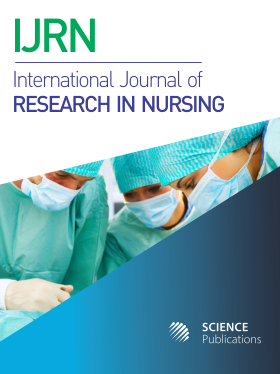Lessons Learned: Barriers to Hemoglobin A1c Monitoring in Rural Northern Tanzania
- 1 James Madison University, United States
Abstract
In sub-Saharan countries, Non-communicable Chronic Diseases (NCDs), including diabetes, are on the rise. Glycated hemoglobin (HbA1c) is a Point Of Care (POC) diagnostic tool for diabetic monitoring that is unavailable in many resource-constrained environments worldwide. Theoretically, HbA1c measurement is practical in these settings because fasting is not required, the test is not generally repeated before 120 days and travel time for multiple appointments is reduced. To improve diabetes management of patients and the provider’s ability to manage chronic diabetes, two HbA1c monitoring machines were used to determine the effectiveness and feasibility of HbA1c in diabetes management in two hospital locations in Tanzania. A follow-up team returned to the sites to determine the use of the HbA1c machines in the treatment of diabetes and introduced the use of Point Of Care (POC) HbA1c machines. Interviews were conducted with diabetic participants (n = 4) regarding their diabetes management experiences. Though short-term change had mixed success, the long-term impact on the management of diabetes is unknown. Cultural influences and access issues had a significant impact on the usefulness of the HbA1c machines for monitoring diabetes in rural northern Tanzania. A greater understanding of these factors is needed in order to creatively address these barriers. The Tanzania HbA1c project functions as a case study at a population level through which to examine the complexities of diabetes management in a resource-constrained environment.
DOI: https://doi.org/10.3844/ijrnsp.2020.39.46

- 3,069 Views
- 1,511 Downloads
- 0 Citations
Download
Keywords
- Diabetes
- International Health
- Primary Care
- Rural Health
